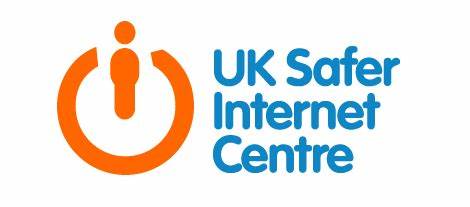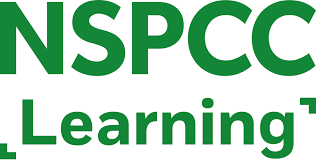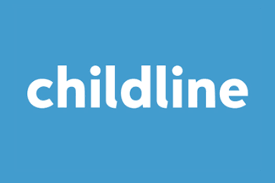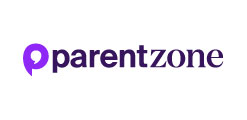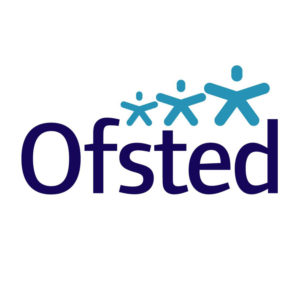Online safety is important at ISP. Our foster carers receive training to help them keep young people safe online, and our CEOP Education Ambassador trains our social work staff to enable them to support foster parents and young people. Everyone at ISP takes responsibility for passing on CEOP’s education messages to young people. Our Online Safety policy can be found in the ISP Foster Parent Handbook
Latest Research and Updates
Impact of AI on Children and Young People
The NSPCC has announced a new partnership with Common Sense Media to support online safety and understand the impact of artificial intelligence (AI) on children. The partnership aims to advocate for children, making sure their experiences and safety are central to decision-making by tech companies, regulators and policymakers; introduce education programmes to increase digital literacy skills in schools; and share a joint approach to research to help improve the global understanding of the impact of generative AI on children.
Read the news story: New partnership as young people contact Childline about AI related sexual abuse, bullying and misinformation
Online Hate and Extremism
Internet Matters has published a blog post looking at countering online hate and extremism and supporting children’s safety. The blog post discusses: how and why young people get involved in online hate; how this can become extremism and what can be done to counter it.
Read the blog post: How to counter online hate and extremism with young people
See also on NSPCC Learning
Instagram Privacy
The Safer Internet Centre has updated its checklist on privacy and safety for young people on Instagram. Key areas covered in the checklist include: account privacy; managing comments and messages; blocking users; reporting content; addressing inappropriate comments; and account deletion.
Download the checklist: New Instagram privacy and safety checklist
Harmful Content
Ofcom has published three new research reports on children’s experiences of harmful content online exploring: violent content; content related to suicide, self-harm and eating disorders; and cyberbullying. The reports look at children’s pathways to harmful content and highlight a lack of trust and confidence by children and young people in safety measures and tools to report harmful online content. These research reports will form part of the evidence base used by Ofcom to draft new codes of practice to help tech firms meet their responsibilities to keep children safer online under the Online Safety Act.
Read the reports: Protection of children online, research
Read the news story: Encountering violent online content starts at primary school
Child Sexual Abuse Material
The Internet Watch Foundation (IWF) has published a news story about an increase in child sexual extortion reports. Sexually coerced extortion or child ‘sextortion’ is a type of blackmail usually involving a threat to share intimate or naked photos or videos to coerce a young person to pay money, share further images or do something else against their will. New IWF data on child sexual extortion reports, the majority of which come via the Report Remove service run jointly by the IWF and Childline, shows that in 2023: IWF analysts confirmed 176 reports of sexual extortion that contained child sexual abuse material, eight times as many as the previous year; boys were targeted most often in the reports received by the IWF; and three in five reports involved 16-and 17-year-olds.
Read the news story: Teenage boys targeted as hotline sees ‘heartbreaking’ increase in child ‘sextortion’ reports
Staying Safe Online – Advice
Click on the headings below for advice about parental controls and privacy settings:
CEOP Education
Do you know how to keep yourself safe online?
The CEOP Education website full of advice about staying safe online. CEOP is part of the National Crime Agency and protects children and young people from abuse online.
Click here for CEOP Education
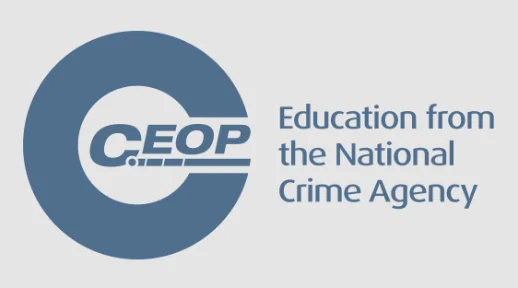
CEOP Education resources will help you to:
- Learn about the risks
- Make good decisions
- Report abuse if things go wrong
If you are being bullied online by other young people you can report this to Childline for help and support.
Other websites and resources
Internet Matters is a resource for parents and carers. It hosts a wide range of information and advice, including step-by-step guides to parental controls and guides to popular websites and apps.
Childnet produces a range of resources for young people, teachers and parents/carers. Many schools use Childnet resources in assemblies and PSHE lessons. Speak to your child’s school to find out what they do to teach young people about being safe online.
The UK Safer Internet Centre provides information and advice for professionals working with children and young people, and produces resources to use in online safety education. Every year, they run a Safer Internet Day and many schools sign up and run special events and activities to promote online safety.
The NSPCC Learning website includes online safety advice. There is information for parents and carers about popular websites and apps so you can make informed decisions about whether it will be safe for your child to use the website/app, and how to apply any parental controls that are available.
Childline provides information and advice regarding sexting and sending nude images, including what to do if you’ve sent a nude, getting help, and how you might be able to get the images taken down.
Vodafone Digital Parenting for articles, e-books and the regular Digital Parenting Magazine
National Online Safety provides a range of information for parents/carers about websites and apps. You can create an account and download free resources within the ‘online information’ menu.
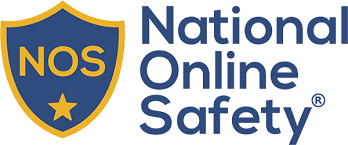
Click here to visit National Online Safety
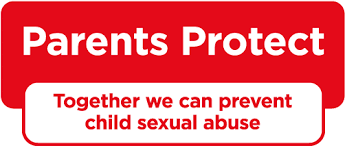
Parents Protect is provided by the Lucy Faithfull Foundation, which is dedicated to the prevention of child sexual abuse. Lots of information and online training opportunities.


